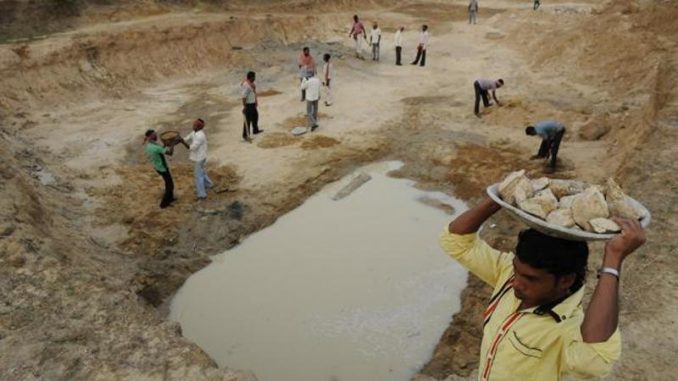
New Delhi : It is reassuring that as per current data projections, the India Meteorological Department expects the monsoon to be “normal”, with likely rainfall put at 96% of the longterm average, with a 5% margin of error. A clearer picture would be available in June, when the El Niño phenomenon, which disrupts global wind flows following warming of the equatorial Pacific, has gathered pace. But the Met office says the Indian Ocean Dipole, also called the Indian Niño, could well counter El Niño and have benign effects here. Welcome as this is, India has to move beyond dependence on a normal monsoon for its well-being.
It is vital that we are better prepared for poor precipitation and consequent stress in the water economy. Given our highly seasonal pattern of rainfall, with 50% precipitation occurring in 15 days, and over 90% of river flows taking place in just four months, we need to boost water storage and harvesting, and recharge groundwater. The way forward is to shore up community-level water storage, such as in tanks, check dams and other local rainwater harvesting and water recharge systems. In tandem, there is much potential to economise on water usage in agriculture, power generation and in industry. What is required is holistic policy design including new seed varieties for water-intensive crops like paddy, and incentives not to grow waterguzzling crops like sugarcane in areas of poor rainfall. We also need to step-up drip-irrigation, especially in arid areas, and allocate more resources for irrigation generally, so as to better cope with the vagaries of the monsoon. Irrigation maintenance needs policy focus.
We need policy for more sustainable water usage and proactively change demand patterns. The policy of gratis power, apart from crippling the fisc, can hugely distort demand and lead to unsustainable ‘mining.’ Investors can privilege companies that are frugal in their water use and recycle effluents. New technologies for desalination keep cropping up. India must identify low-cost methods. Inter-state sharing of water must become rational, not emotional.
Source: Times of India (blog)


Leave a Reply